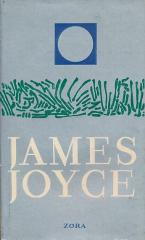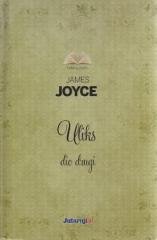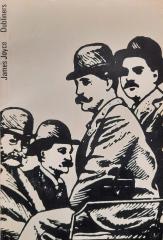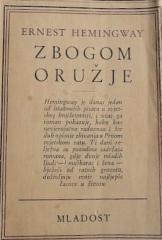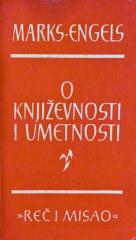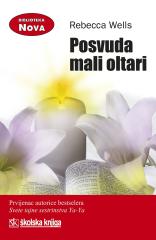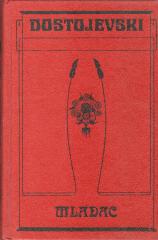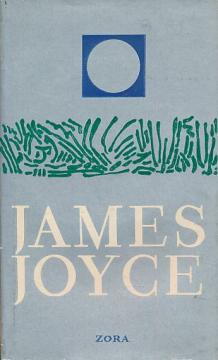
Uliks
A masterpiece by Irish writer James Joyce, it follows one day (June 16, 1904) in Dublin through the lives of two men: Leopold Bloom, an advertiser of Jewish origin, and Stephen Dedalus, a young intellectual from A Portrait of the Artist as a Young Man.
The novel parodies Homer's Odyssey: Bloom is Odysseus, Stephen Telemachus, and Molly Bloom Penelope, but Joyce places them in the everyday chaos of the modern city.
Divided into 18 episodes, each with a different style and technique (e.g., interior monologue, theatrical dialogue, question-and-answer), the novel explores consciousness, identity, sexuality, and the history of the Irish. Bloom wanders Dublin, confronted with anti-Semitism, his wife Molly's adultery, and the grief of his dead son; Stephen flees his father's shadow and nationalism. The day culminates in a brothel, where they meet, and ends with Molly's stream-of-consciousness monologue about love and life.
Joyce's innovative language—rich in allusions, multiple meanings, and Dublin slang—makes Ulysses a labyrinth of language, critically acclaimed as the best novel of the century. It influenced modernism, postmodernism, and European literature, celebrating the common man in an epic dimension. Bloom's day becomes a universal portrait of the human condition: a journey without a destination, but full of empathy.
One copy is available
